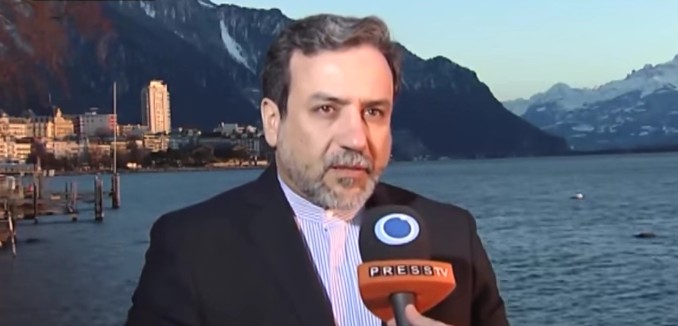Abbas Araqchi, Iran’s deputy foreign minister and one of its chief nuclear negotiators, said that no nuclear inspectors will be allowed to enter the Islamic Republic unless previously approved by its intelligence agency, the Washington Free Beacon reported yesterday.
“Any individual, out of IAEA’s Inspection group, who is not approved by the Islamic Republic of Iran cannot enter the country as the agency’s inspector,” Araqchi was quoted as telling the Islamic Consultative Assembly News Agency (ICANA), a government news outlet, according to a translation performed by the CIA’s Open Source Center (OSC).
This type of screening is fully permitted under the nuclear accord, Araqchi said.
The deal “has been set within the framework of the additional protocol and all limitations and supervisions are within the protocol and not beyond that,” he said.
The official’s statement reflects another limitation imposed on inspections of Iran’s nuclear sites. Iran, which has insisted that it will not permit inspectors access to military facilities, is also charged with collecting the environmental samples that the International Atomic Energy Agency (IAEA) – the UN’s nuclear watchdog – will review if it suspects Tehran is conducting illicit nuclear work. Furthermore, no Americans will be able to act as inspectors, as the nuclear agreement signed by Tehran and the P5+1 powers only allows inspectors from nations that have diplomatic relations with Iran, while Tehran will also have 24 days or longer to explain suspicious activities detected by the IAEA. In May, France’s Foreign Minister Laurent Fabius said that “a lot of things can disappear” if Iran is given a 24 day warning.
In Syria, chemical weapons inspectors were only allowed access to sites approved by the regime of President Bashar al-Assad. In May, traces of lethal nerve agents were found at an undeclared facility used by the regime.
[Photo: M.RM / YouTube ]




